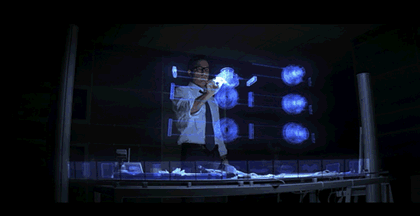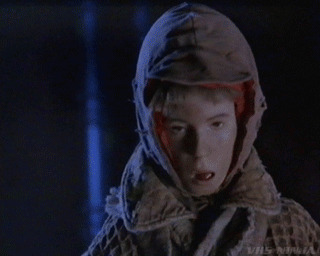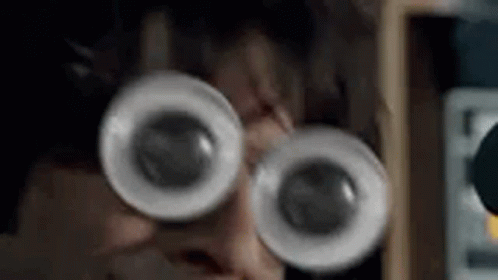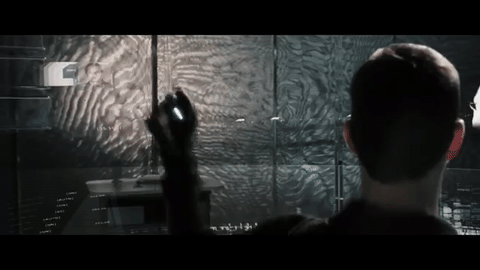What do you think?
Rate this book
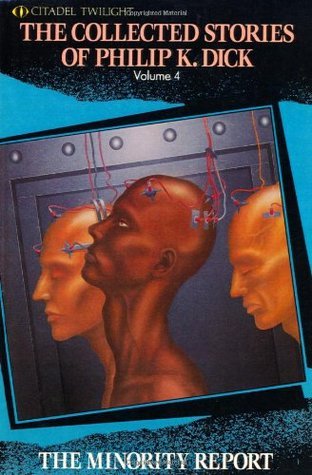

Many thousands of readers consider Philip K. Dick the greatest science fiction mind on any planet. Since his untimely death in 1982, interest in Dick's works has continued to mount and his reputation has been further enhanced by a growing body of critical attention. The Philip K. Dick Award is now given annually to a distinguished work of science fiction, and the Philip K. Dick Society is devoted to the study and promulgation of his works.
This collection includes all of the writer's earliest short and medium-length fiction (including some previously unpublished stories) covering the years 1954-1964.
"A useful acquisition for any serious SF library or collection" -- Kirkus
"The collected stories of Philip K. Dick is awe inspiring". -- The Washington Post
"More than anyone else in the field, Mr. Dick really puts you inside people's minds". -- Wall Street Journal
Volume 4/5. Includes stories from 1954-1964:
- Autofac (1955)
- Service Call (1955)
- Captive Market (1955)
- The Mold of Yancy (1955)
- The Minority Report (1956)
- Recall Mechanism (1959)
- The Unreconstructed M (1957)
- Explorers We (1959)
- War Game (1959)
- If There Were No Benny Cemoli (1963)
- Novelty Act (1964)
- Waterspider (1964)
- What the Dead Men Say (1964)
- Orpheus with Clay Feet (1987)
- The Days of Perky Pat (1963)
- Stand-By (1963)
- What'll We Do with Ragland Park? (1963)
- Oh, to Be a Blobel! (1964)
Other editions of this volume have the same stories, and were published under these titles:
- The Days of Perky Pat,
- The Minority Report,
- The Minority Report and Other Classic Stories.
396 pages, Paperback
First published May 1, 1987


